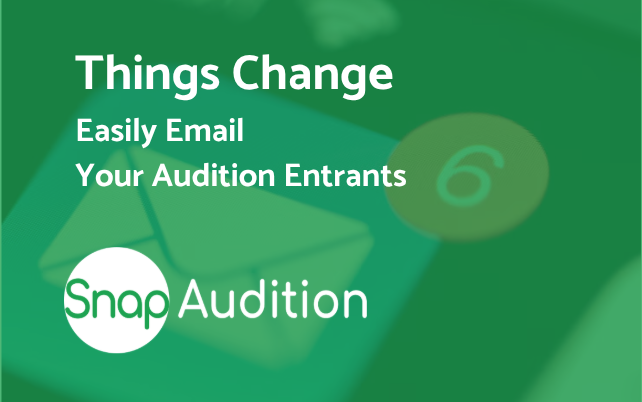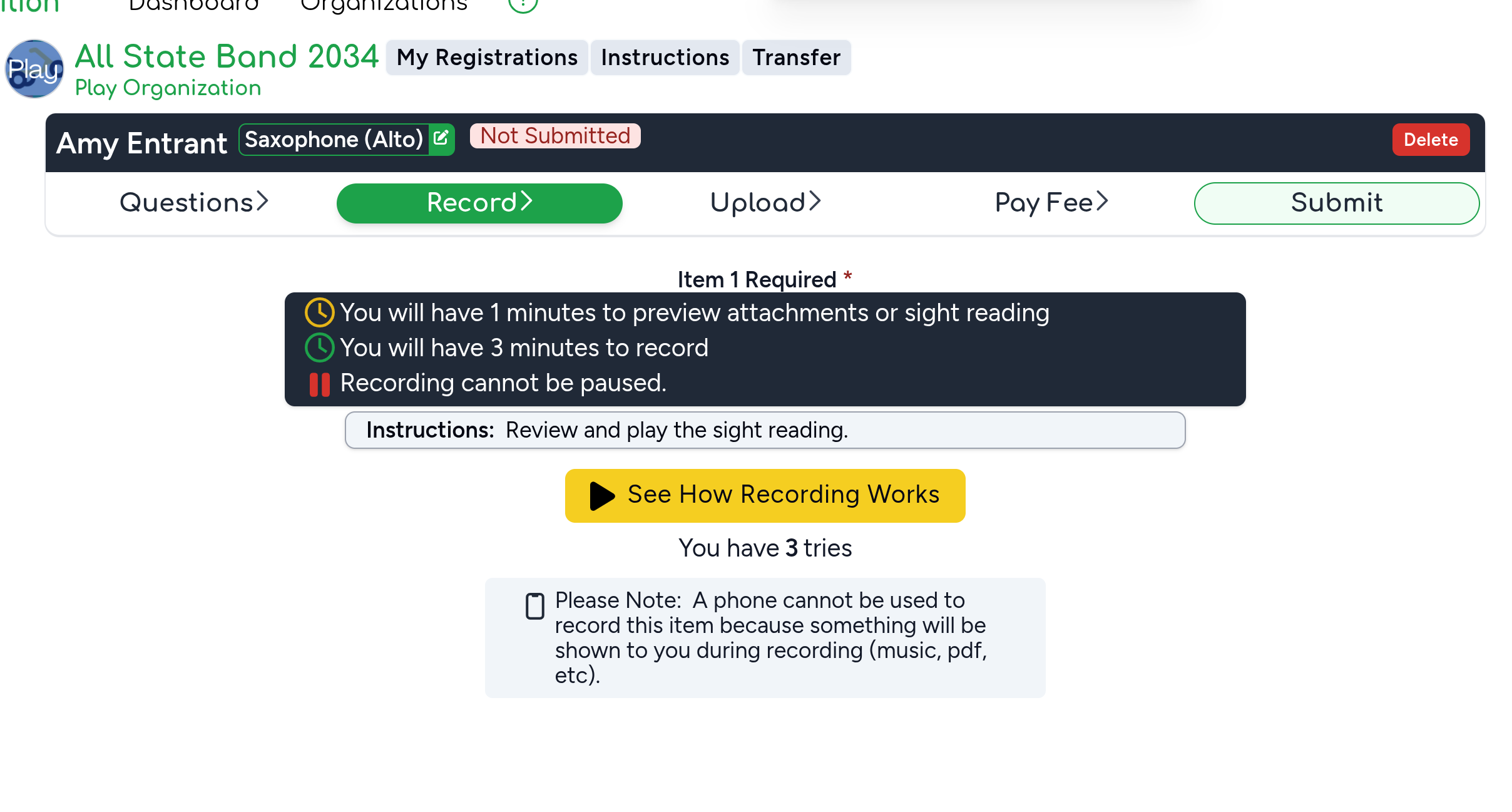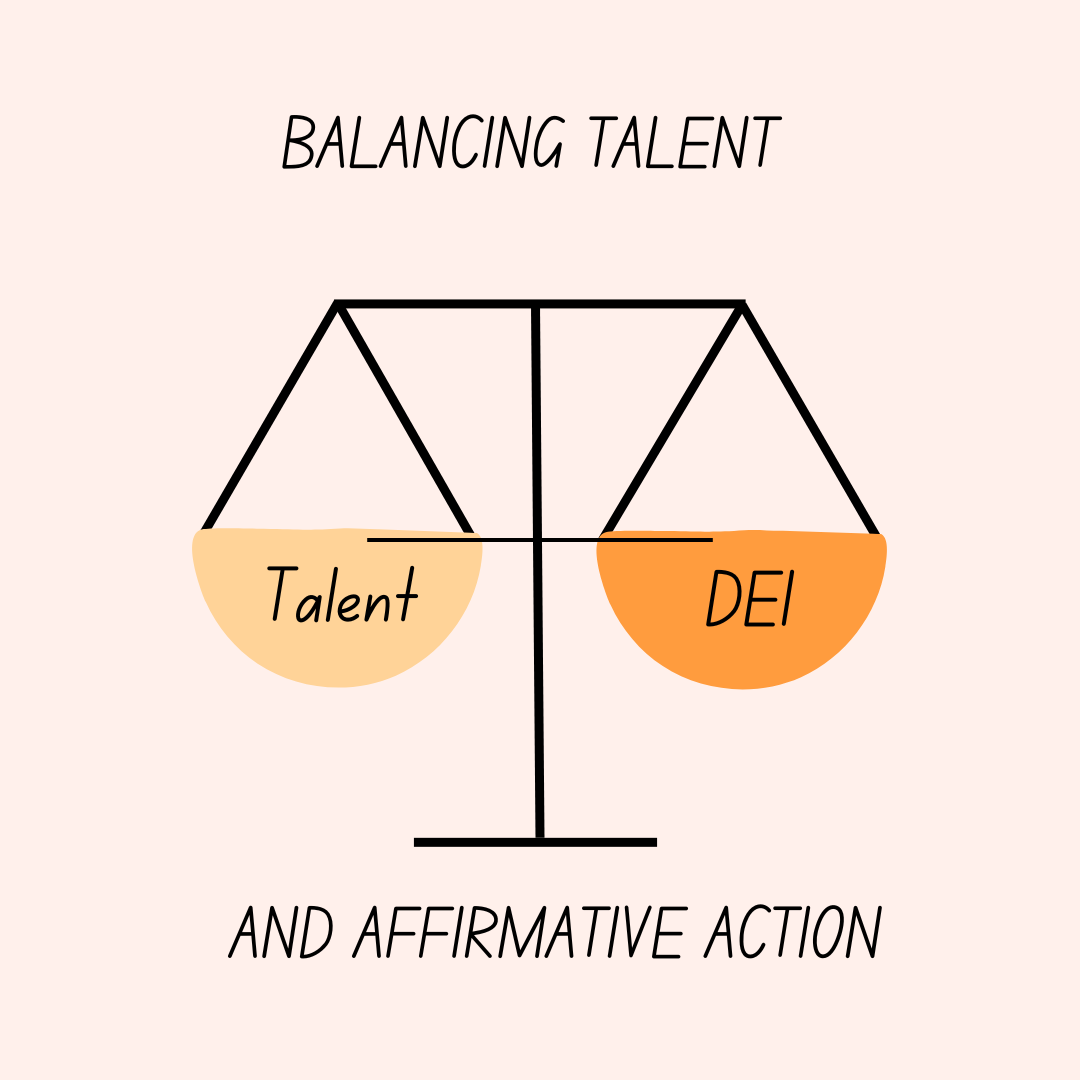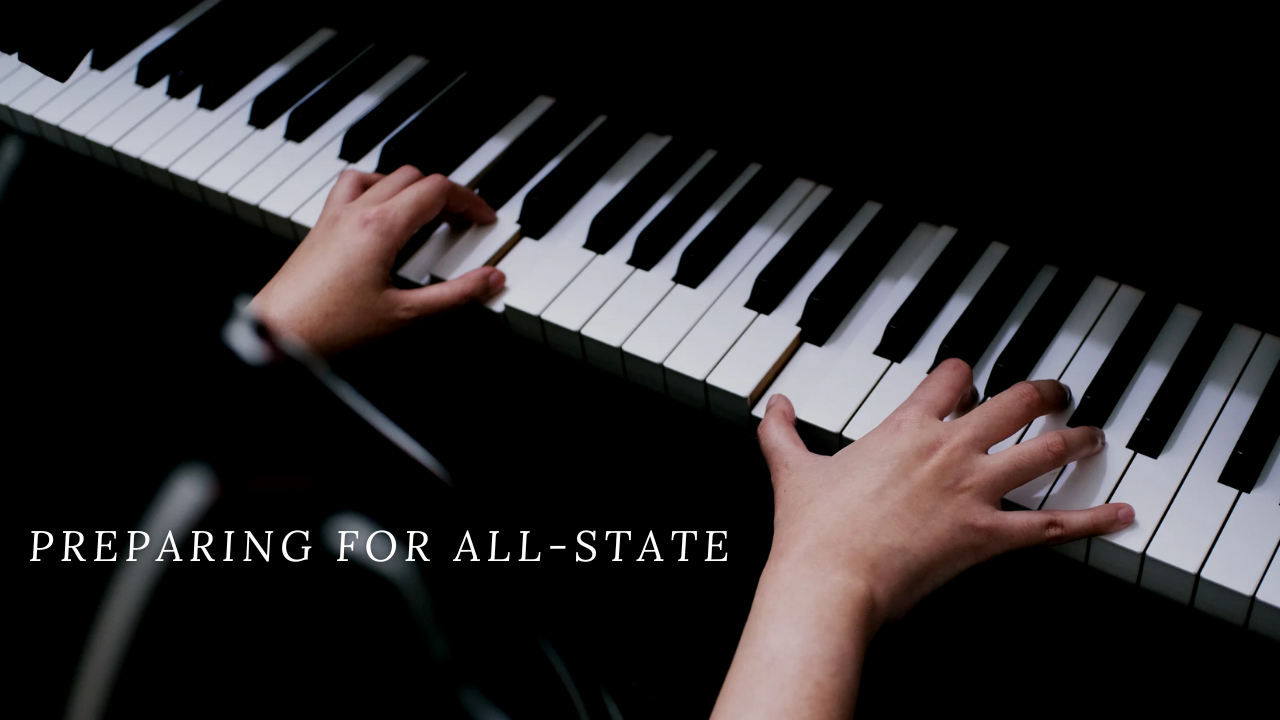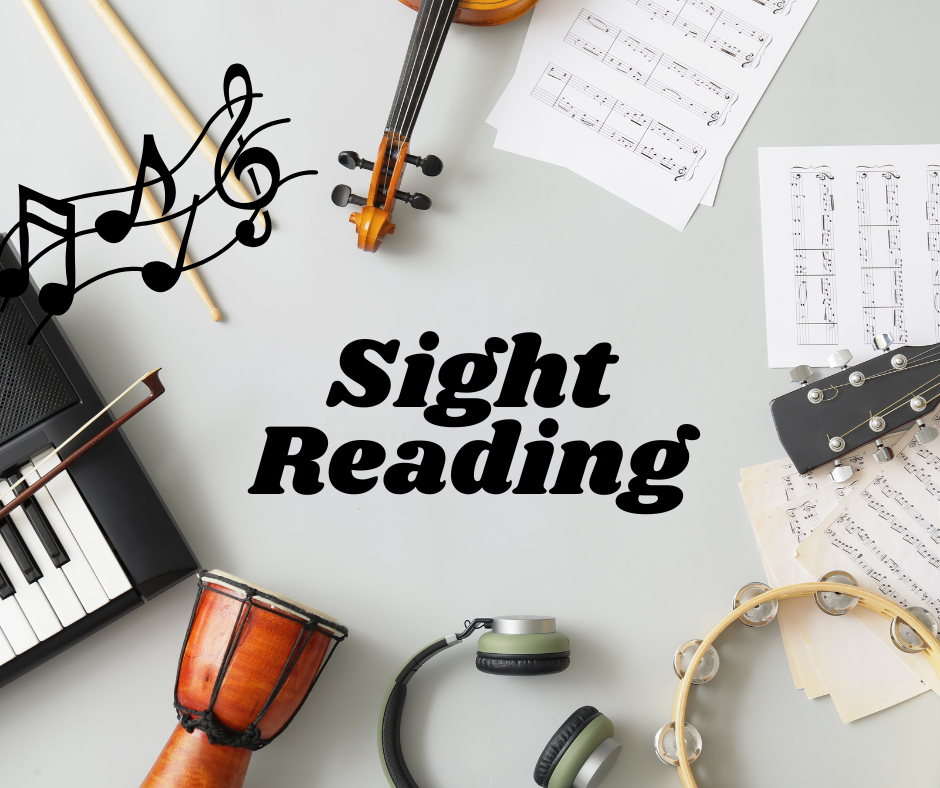
I'm sure you love the end-of-year or end-of-semester task of placing students in your various ensembles. Smile-frown intended. Its a tedious task. How can you make it easier? What if you have students record and submit their audition online? Here are some pros and cons.
Pros
Saves Your Time
Last year, at the end of my daughter's eighth grade year she auditioned for high school choir placement. The high school choir director held auditions at the three middle schools which feed into his school. Think about how much time he spent driving to three middle schools and listening to all those students.
Having students record and submit saves you time, but only if you use a system to quickly view and score/rank the auditions. I will delve more into that under how below.
It's much faster to review recorded auditions, with the right system, because there is no time wasted bringing each student in/out. Plus, you are not limited by time to actually listen to the students. My daughter ended up having a bad audition, partly because the director was rushed to get through all the vocalists.
Saves Classroom Time
Forever ago, when I was in school band, the director would take several entire class periods only to have students audition for next year's ensembles. Of course, "online" wasn't a thing then. Nevertheless, class time was sucked up.
Better for Some Students
Some students deal with considerable nerves playing/signing solo in front of their director. Especially when the stakes are high. Sure, solo playing is part their development, but it's not always useful when students are beginners (or play/sing like beginners). Yes, recording an audition can bring up the same nerves, but at least they can stop and try again.
Cons
Takes Away the Live Aspects
My last pro is our first con. Music is a performance, and being able to play a piece on-demand is important. Some students will record the audition 10-20 times to get it perfect. That's good practice but does reflect their real-life ability.
Inequity in Recording Equipment
Today, most phone mics are sufficient for recording student auditions. The problem is if some students have access to superior mics and equipment. Imagine listing to five auditions in a row recorded through a built-in phone mic, then the next one on a $200 condenser mic. Even a cheap mic hooked up to a phone produces a far superior recording, which can sway your judgment.
Cheating
I've chatted with a good number of directors concerned about cheating with recorded auditions, especially with state-level competitions. Personally, I believe, students submitting a recording performed by someone else, is rare. The more likely occurrences is students splicing together their good takes. I'll discuses hedging against cheating below.
How
Pros above require the right setup, both for you and students. Don't assume simply having students email you or uploading to your schools Learning Management System will save you time. Here are some tips.
Use a System Designed for This
Obviously, as the founder of Snap Audition, I'm going to recommend our system. If you don't use Snap, your options are going to be more generic. For example, use a feature in your school's Learning Management System. Use something like Jotform and have students upload their audio/video.
Hedge Against Cheating
To make it harder for students to cheat:
- It will be much easier to protect against cheating if you require video, and do NOT blind judge. With our system, Snap Audition, you can require video but have the system only play the video's audio while you're judging. Then, go back latter (under "Entrants") and verify the video.
- Instruct students to use one camera and forbid edits of the video. They can re-record, but they can't splice takes together.
- Instruct students to insure you can see their face and full instrument.
- Even if you ask for audio-only, tell them they can not splice takes together.

More Articles
